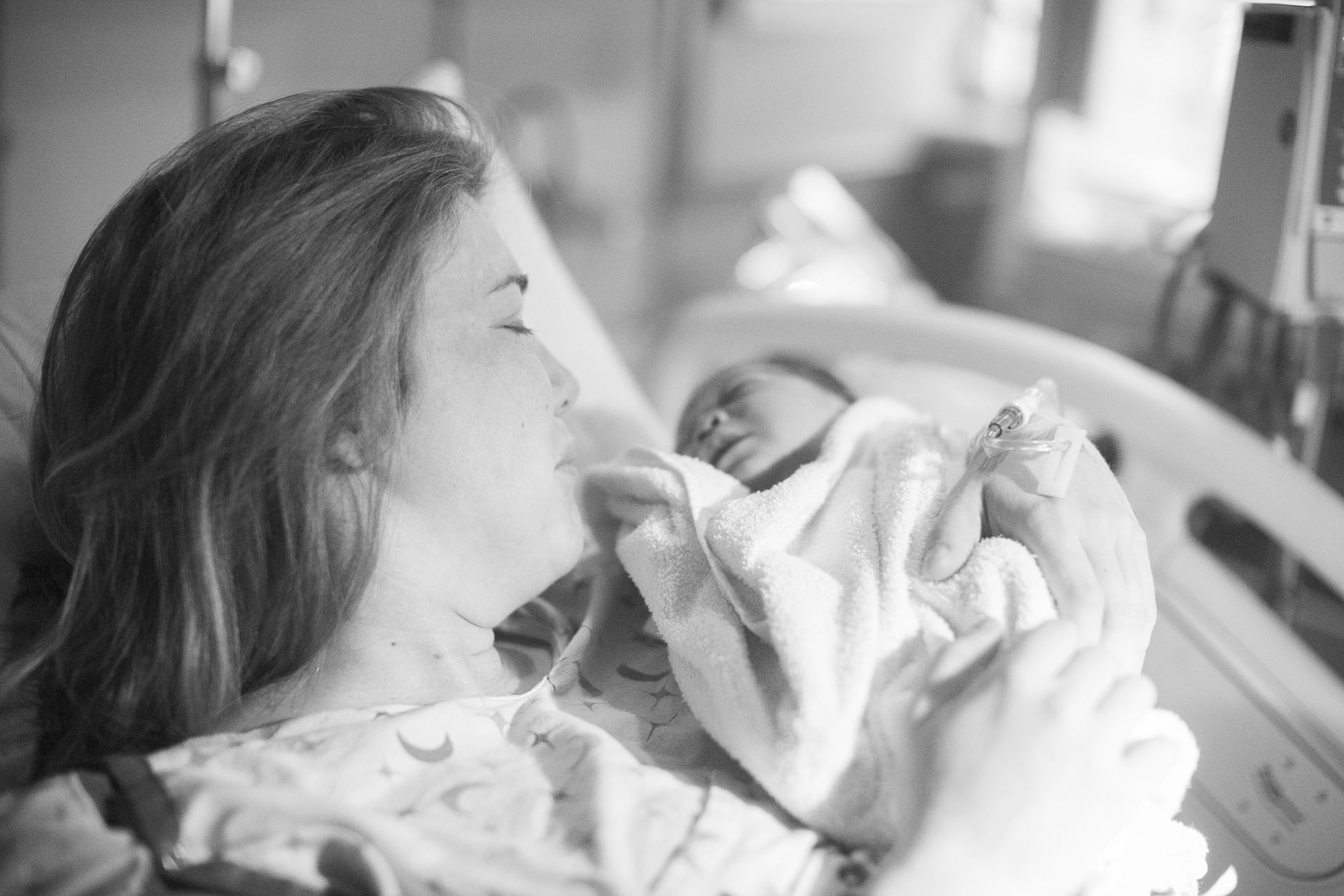With so much information available online these days, making informed decisions during your pregnancy can be confusing. It is hard to know what information to trust. Not long ago, the fetal assessment tests that were available to check if a fetus had conditions such as Down Syndrome, were more invasive than what is currently available.
The Harmony Prenatal Test became available in 2012 and is a non-invasive prenatal test. It has grown in importance since then, making it a desirable choice for both women and doctors alike. Some of the other prenatal tests may be recommended under certain circumstances, you can learn more about these prenatal tests.

The Harmony Prenatal Test page answers the following questions:
1. What is the Harmony Prenatal Test?
2. What can the Harmony Prenatal Test assess?
3. How accurate is the Harmony Test?
4. How is the test performed and processed?
5. How long does it take to get the Harmony Test results
6. What are the Harmony Test possible results?
7. How much does the Harmony Test cost?
Harmony Prenatal Test questions answered
1. What is the Harmony Prenatal Test?
As mentioned, the Harmony Prenatal Test is classified as a non-invasive prenatal test (NIPT). The test is able to examine the DNA of a fetus, by taking a blood sample from the pregnant mother, when she has is least 10 weeks pregnant.
2. What can the Harmony Prenatal Test assess?
The Harmony Test is basically done to know if the baby is at risk of developing Down Syndrome (trisomy 21), Edwards Syndrome (trisomy 18) or Patau Syndrome (trisomy 13), which produces numerous birth defects, leading to a possibly fatal outcome. The test can also determine the gender of the baby. This test poses no risk to either the mother or baby.
3. How accurate is the Harmony Test?
Compared to previous testing methods (nuchal translucency and maternal serum screening), the Harmony tTest has a much higher detection rate for the stated-above syndromes. This test is capable of identifying 99% of all babies with Down syndrome, 97% of the ones with Edwards syndrome, and 92% of the ones with Patau syndrome.
Besides this, the test has a lower false positive rate than the older ones, which reduces the chances of needing an invasive test that could potentially put the fetus at risk. Regarding the baby´s gender, the Harmony Test has an accuracy rate of 99%.)
4. How is the test performed and processed?
If the patient decides to have the test, she will have to sign a consent form. A healthcare staff member will then draw a small amount of blood from one of her veins, which may cause a mild sensation of discomfort.
The blood sample will be sent with the patient´s information (name, date of birth, gestational age, etc.) to genetics experts, who will extract cell-free DNA from the blood and apply them to the Harmony Test.
5. How long does it take to get the Harmony Test results?
Usually, the test results are ready to be delivered within 2 weeks. The patient will be notified, receiving the results by phone, email or letter. Once the results are confirmed with the patient, her blood sample will be discarded and not used for any other purposes.
Sometimes, specifically in about 5% of cases, the Harmony Test is not capable of giving any valid results. This usually happens due to the presence of technical problems with the analysis process of the blood sample and it has nothing to do with the baby, that is, this does not mean that the baby has a medical issue. Some clinics allow the patient to repeat the process once again at no cost, but there is a 50% probability that the test will give a valid result..
6. What are the Harmony Test possible results?
This test can show you that the fetus has a high risk of having one of the three syndromes mentioned above, but that does not mean that the fetus will definitely develop one of these medical conditions. The next step would be performing the previous and older tests, the nuchal translucency ultrasound and the maternal serum screening, to observe the fetus´ anatomy and identify possible characteristics related to one of the syndromes.
If after performing these other tests the risk remains high, invasive prenatal tests via CVS (it consists of taking a small sample of the placenta) or amniocentesis (it consists of taking a small portion of amniotic fluid) are recommended due to its 100% accuracy in diagnosing genetic conditions like Down Syndrome and the other syndromes.
On the other hand, if the Harmony Test shows a low risk of having one of these syndromes, there is nothing to worry about, because it is very unlikely for the fetus to develop one of these genetic conditions.
7. How much does the Harmony Test cost?
The cost of the Harmony Prenatal Test is €380 approximately.



























































































